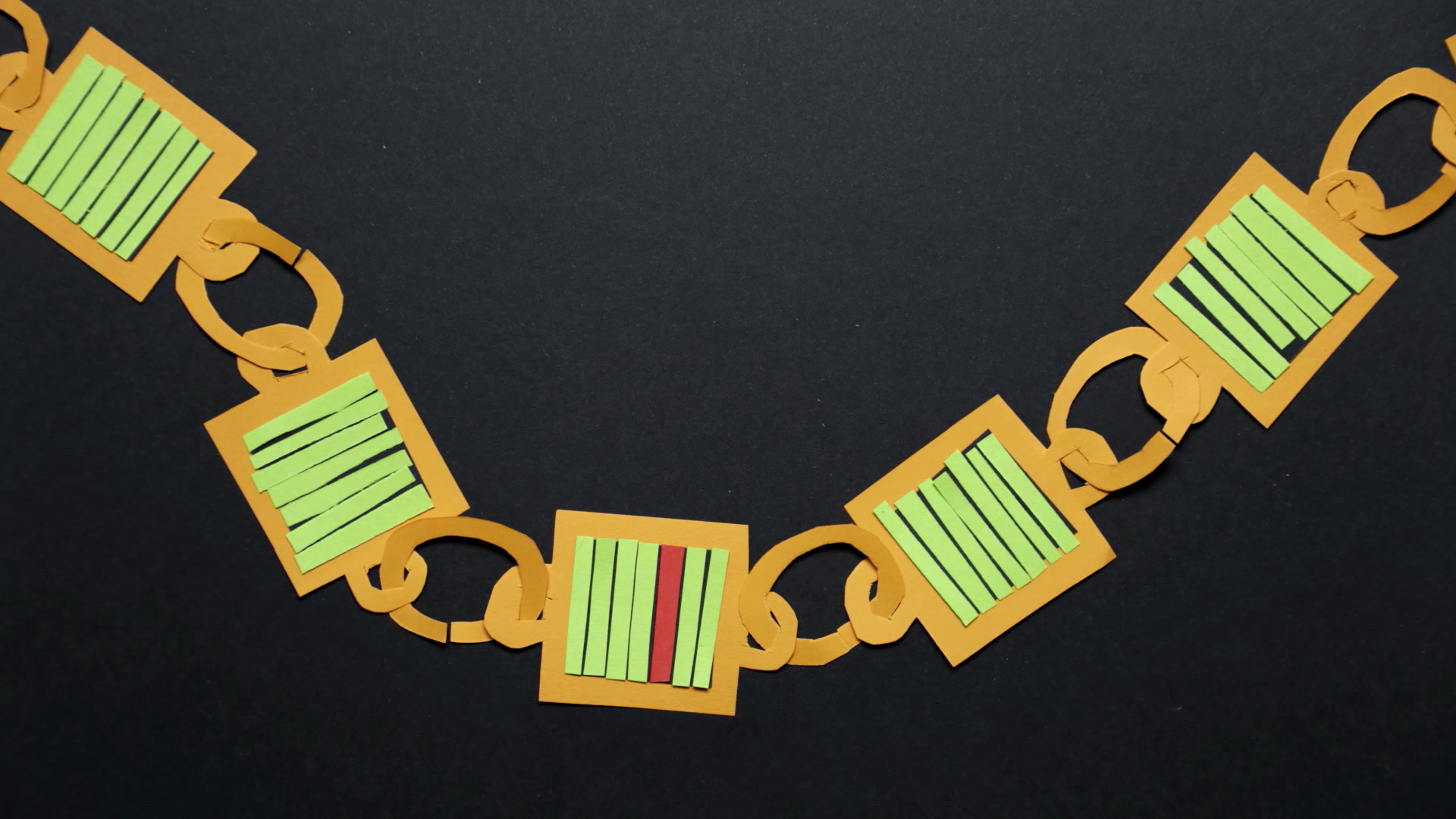
What does Facebook’s Libra cryptocurrency aim to achieve?

Facebook has gone blockchain this week, not by dipping its toe into cryptocurrencies but by diving in headfirst. Its Libra project has lofty goals: promoting financial equality, slashing bank fees, and even becoming a global reserve currency.
Many observers believe that the digital payments system, which is due to launch next year with potentially 2.5 billion Facebook clients as immediate users, could challenge banks and credit card firms. Others question whether the corporate giant, plagued by data abuse scandals, is the right entity to democratise finance.
The Libra digital token will be managed and developed by the Geneva-based non-profit foundation Libra AssociationExternal link. To start with, Libra aims to reach “1.7 billion people [in developing countries] who are on the margins of finance today”, the association’s head of policy and communications, Dante Disparte, told swissinfo.ch.
This would initially be achieved by allowing people to send remittances as quickly as sending a digital message, at “as near zero or low cost as possible”.

More
Explained: The technology behind bitcoin and blockchain
“It’s the most important cash flow on the planet, projected to be $715 billion this calendar year,” said Disparte. “Today there’s a $50 billion transaction fee in the middle of that cash flow. A project like this would notionally give that $50 billion back to consumers, and of course the emerging and developing world is paying the lion’s share of those fees.”
Disparte believes Libra could also make it easier to pay for a coffee or settle bills in developed economies. “When you think about how banking and finance works, it’s death by a thousand cuts. The second you go out of your own network you start to enter a realm of fees,” he said.
Good for the regulator?
And all of this without incurring the wrath of regulators and law enforcement agencies. “You have a much higher traceability for potential fraud and criminal activities in a blockchain than you would in a traditional financial system. This is good for regulators, for anti-money laundering, capital controls and risk management of the financial system,” Disparte says.
“This would not work without financial security and commitment to privacy as sacrosanct. No-one would want their social media and personal data to be co-mingled with financial payments,” he adds.
But not everyone is so convinced that Libra will be a force fully for the good. “Facebook has been hugely successful making money from accumulating people’s data and then selling it,” says Bernard Lunn, a Swiss-based digital finance consultant and founder of the Daily FintechExternal link online platform. “It’s hard to see them completely changing their stripes.”
The Libra Association has teamed up with 28 “founding members”, including Visa, Uber and NGOs, who will play a governance role of the cryptocurrency and collectively rubber stamp transactions. Libra wants that number to rise to 100 by the time the token launches next year and then plans to decentralise the system further, allowing more people to influence how payments are processed.
Decentralisation is a crucial point for those wishing to democratise finance. The smaller the group of people controlling the system, the greater the risk of them unfairly blocking transactions, excluding or throwing people out or adding fees. Observers, like Lunn, wonder how far Facebook and its corporate partners will allow decentralisation to progress.

More
Swiss role in Facebook cryptocurrency project revealed

In compliance with the JTI standards
More: SWI swissinfo.ch certified by the Journalism Trust Initiative



























You can find an overview of ongoing debates with our journalists here . Please join us!
If you want to start a conversation about a topic raised in this article or want to report factual errors, email us at english@swissinfo.ch.